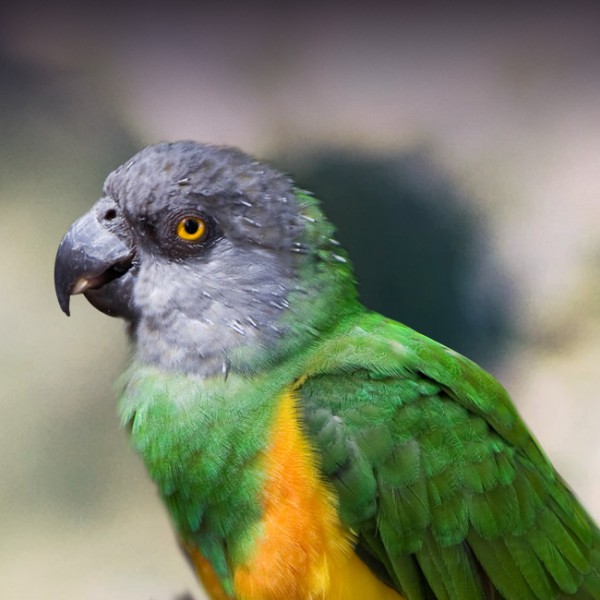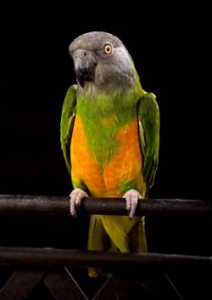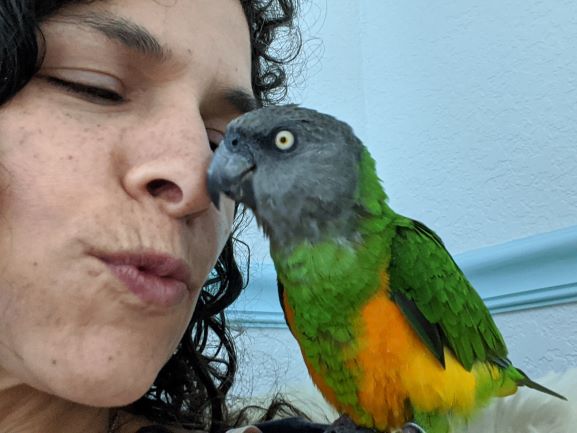Effective Ways to Care for Your Senegal Parrot in 2025
Understanding Your Senegal Parrot’s Needs
The **Senegal parrot**, a vibrant and playful member of the parrot species, requires specific care to thrive in a home environment. Understanding their specific preferences in terms of habitat, diet, and socialization is fundamental for any **pet bird** owner. Senegal parrots naturally roam in the wild and require a safe and spacious **parrot habitat**. Ensure your enclosure is at least 24x24x36 inches with plenty of room for **bird toys** to promote playtime and mental stimulation. Regular interaction with their human companions is crucial for fostering a strong bond, as **social birds** like the Senegal parrot thrive on companionship. Understanding their body language and vocalizations can greatly aid in deciphering their emotional state and needs.
Choosing the Right Habitat
Creating an optimal habitat for your **Senegal parrot** involves more than just having the right size cage. The **parrot habitat** should include natural branches for perching, as well as **bird supplies** like feeding bowls, and water containers. It’s a good idea to position the cage in a quiet yet social area of the house, paying attention to factors like sunlight exposure and airflow. Adding **parrot toys** facilitates engagement and prevents boredom, which can lead to behavioral issues. Implementing features like swings and mirrors can enhance their environment and encourage natural behavior. Regular cleaning of the habitat is essential to maintain a hygienic living space, supporting your pet parrot’s overall health.
Dietary Needs and Bird Nutrition
A healthy diet is critical to the well-being of your **Senegal parrot**. A balanced **parrot diet plan** should include high-quality **parrot food** formulated for small parrots, rich in seeds, pellets, and fresh fruits and vegetables. Nutritious choices like carrots, leafy greens, and berries work wonderfully in diversifying their meals. Moreover, be mindful of portion sizes and limit high-fat foods to ensure optimal **parrot health**. Regular consultations with an **avian vet** can also guide you in tailoring the diet to your parrot’s unique needs, including adjusting for weight management or specific avian illnesses.
Behavioral Understanding and Training
Savvy **parrot owners** know that understanding **parrot behavior** is key to a fulfilling relationship with their feathered friends. Senegal parrots are intelligent and affectionate, often requiring regular interaction to stay happy. Initiating **parrot training** routines not only fosters behavioral intelligence but also enhances communication skills between you and your bird. Whether basic commands or fun tricks, employing consistent techniques and using positive reinforcement like treats can significantly improve their learning curve.
Effective Communication Techniques
Engaging in effective **parrot communication** builds a strong foundation for training and interaction. Senegal parrots can develop an extensive vocabulary and often imitate various sounds. Understanding their vocalizations aids in deciphering their emotions and needs. Regular interaction and exposure to different sounds stimulate cognitive engagement and enhance their communication skills. The more you engage with your Senegal parrot, the more likely they are to express themselves, reinforcing your bond. Observing their idiosyncrasies will also provide deeper insights into their emotional expressions and needs.
Socialization and Playtime
Regular **parrot playtime** and socialization are vital for maintaining the mental and emotional health of your Senegal parrot. Provide dedicated time outside their cage to explore, interact, and exercise. Utilizing **bird toys** that encourage problem-solving and physical activity can effectively prevent boredom. For social birds, introducing them to different people in a safe environment will help them feel more comfortable around varied human companionship. For existing bird owners, participating in local **bird clubs** can also provide opportunities for social outing and interaction with other **exotic pets** like the **African grey parrot**, further enriching their lives.
Health and Maintenance for Your Senegal Parrot
As a responsible pet owner, maintaining your **Senegal parrot’s health** is of utmost importance. Regular check-ups with an **avian vet** ensure any potential issues are addressed before they escalate. Being vigilant for signs of common **parrot illnesses**—such as changes in appetite, droopiness, or abnormal feathering—can prompt early interventions and treatment.
Parrot Grooming Essentials
Grooming is an essential aspect of **parrot care** that often gets overlooked. Regular **parrot grooming** sessions aid in preventing feather plucking and promote overall well-being. Gripping perches made from natural wood can help in keeping their nails trimmed, while routine baths will maintain feather condition and cleanliness. Utilizing safe grooming tools and handling grooming sessions with patience can help your parrot acclimate to being handled, ultimately enhancing your overall caregiving experience.
Maintaining a Stable Environment
Creating a stable environment enhances **bird safety** and prevents stressors in their habitat. Avoid placing the cage near drafts, direct sunlight, or frequent household activity. Enrichment is key; periodically changing their environment by repositioning toys, or introducing new ones can keep your pet curious and engaged. Always ensure that any new items are safe and appropriate for parrots to avoid any health risks or accidents.
Key Takeaways
- Understand your Senegal parrot’s habitat, social, and dietary needs to ensure a happy pet.
- Implement effective communication and training techniques to foster a positive bond.
- Regular vet check-ups and grooming routines are essential for maintaining health and hygiene.
- Socialization and playtime are crucial for mental stimulation and well-being.
- Create a safe environment to prevent stressors and encourage healthy bird behavior.
FAQ
1. What is the lifespan of a Senegal parrot?
Senegal parrots typically enjoy a lifespan of 20 to 30 years when properly cared for, making them a long-term commitment for **pet bird** enthusiasts. Regular veterinary care and a healthy diet are key factors in ensuring they live a long, happy life.
2. What bird toys are best for Senegal parrots?
When selecting **bird toys** for your Senegal parrot, it’s important to choose durable, non-toxic options that encourage mental stimulation and physical activity. Toys that allow for chewing, climbing, and manipulation can help keep them entertained and engaged.
3. Can Senegal parrots learn to talk?
Yes, Senegal parrots are known for their intelligent nature and can learn a variety of words and phrases. Interaction and consistent training significantly influence their ability to mimic sounds and engage in **parrot communication**.
4. How much time should I spend socializing with my parrot each day?
Ideally, engaging with your Senegal parrot for several hours each day can significantly enrich their lives. This interaction can be spent through training, play, or just companionship, reinforcing their need for connection and social behavior.
5. What signs should I look for to determine if my parrot is unhealthy?
Common signs of an unhealthy parrot include changes in appetite, excessive feather plucking, lethargy, or unusual vocalization. Monitoring their behavior closely will allow pet owners to catch potential health issues early, ensuring prompt veterinary attention.


